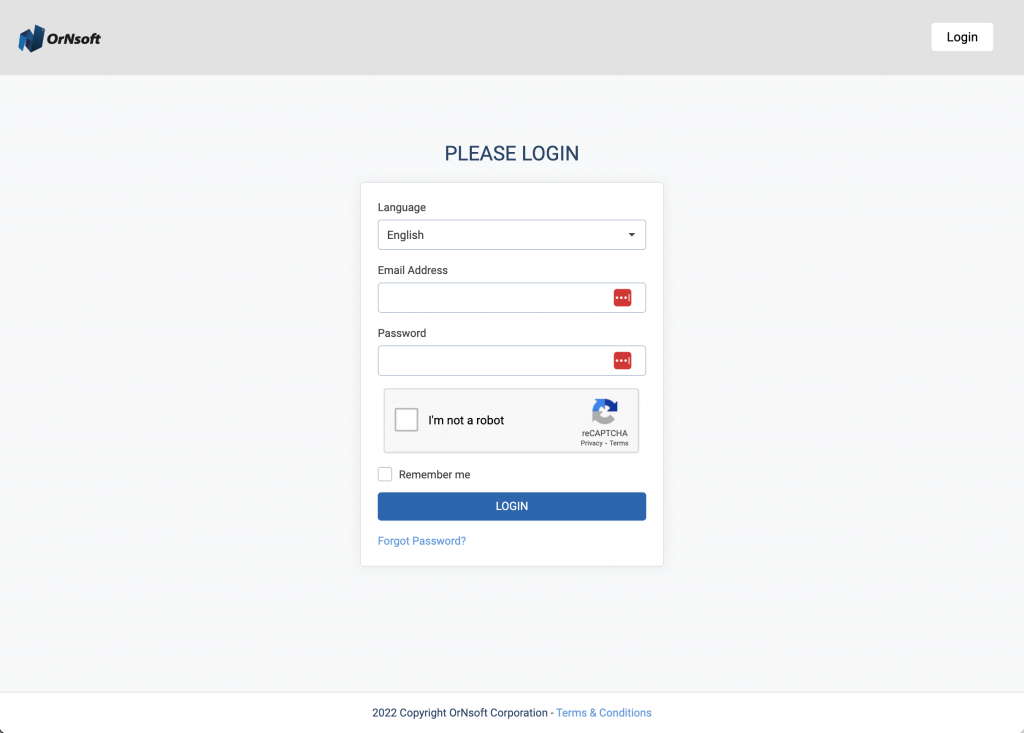Introduction
The advent of digital technology has brought about a revolution in the way we interact with the world. One of the most significant changes has been in the field of cybersecurity, where the need to protect sensitive data has led to the development of advanced authentication methods. One such method is Adaptive Authentication. In this article, we will delve into the concept of Adaptive Authentication, its history, importance, and practical applications in modern enterprises.
What Is "Adaptive Authentication"?
Adaptive Authentication, also known as risk-based authentication, is a method of verifying a user’s identity based on a variety of factors. These factors can include the user’s behavior, location, IP address, device, and even the time of their login attempt. Using advanced artificial intelligence and machine learning algorithms, Adaptive Authentication systems can analyze these factors in real-time and adjust the authentication process accordingly. This approach provides a balance between security and user experience, reducing friction for legitimate users while making it harder for unauthorized individuals to gain access.
History of "Adaptive Authentication"
The concept of Adaptive Authentication has its roots in the early 2000s when cybersecurity professionals began to recognize the limitations of traditional, static authentication methods. As cyber threats became more sophisticated, the need for a dynamic and responsive authentication system became apparent. The development of AI and machine learning technologies in the late 2000s provided the tools necessary to make Adaptive Authentication a reality. Today, Adaptive Authentication is considered a crucial part of cybersecurity strategy and is widely used by businesses and organizations worldwide.
Importance of "Adaptive Authentication"
In today’s digital landscape, where cyber threats are ever-evolving and persistent, Adaptive Authentication plays a pivotal role in safeguarding sensitive data. It provides a more robust security mechanism compared to traditional methods by continuously analyzing user behavior and adjusting security measures accordingly. This dynamic approach reduces the risk of data breaches and identity theft, making it an essential component of any comprehensive cybersecurity strategy.
Practical Applications
Adaptive Authentication finds its applications across various sectors. In banking and finance, it is used to secure online transactions and protect against fraud. In healthcare, it safeguards patient data by ensuring only authorized personnel can access sensitive information. E-commerce platforms use it to provide a secure and seamless shopping experience for their customers.
The Role of ‘Adaptive Authentication’ in Modern Enterprises
Modern enterprises are increasingly relying on Adaptive Authentication to protect their digital assets. By implementing this technology, businesses can enhance their security posture, reduce the risk of data breaches, and improve customer trust. Additionally, Adaptive Authentication can also help enterprises comply with data protection regulations, further enhancing their credibility in the market.
Case Study
A perfect example of the successful implementation of Adaptive Authentication is the case of a leading financial institution. The bank was struggling with an increasing number of fraudulent transactions and data breaches. After implementing an Adaptive Authentication solution, they saw a significant reduction in fraud cases, improved customer trust, and enhanced regulatory compliance. This case underscores the potential of Adaptive Authentication in securing digital assets and enhancing business operations.
Future Outlook
The future of Adaptive Authentication looks promising. As AI and machine learning technologies continue to evolve, we can expect Adaptive Authentication systems to become even more accurate and efficient. Furthermore, as the Internet of Things (IoT) continues to expand, the need for robust and dynamic authentication methods will only increase, making Adaptive Authentication an essential part of our digital future.
Conclusion
In conclusion, Adaptive Authentication represents a significant leap forward in cybersecurity. By leveraging advanced AI and machine learning technologies, it provides a dynamic and robust method of protecting sensitive data. As we move towards an increasingly digital future, the importance of Adaptive Authentication will only continue to grow.
Intrigued by the potential of AI for your business? Schedule a free consultation with us here.

